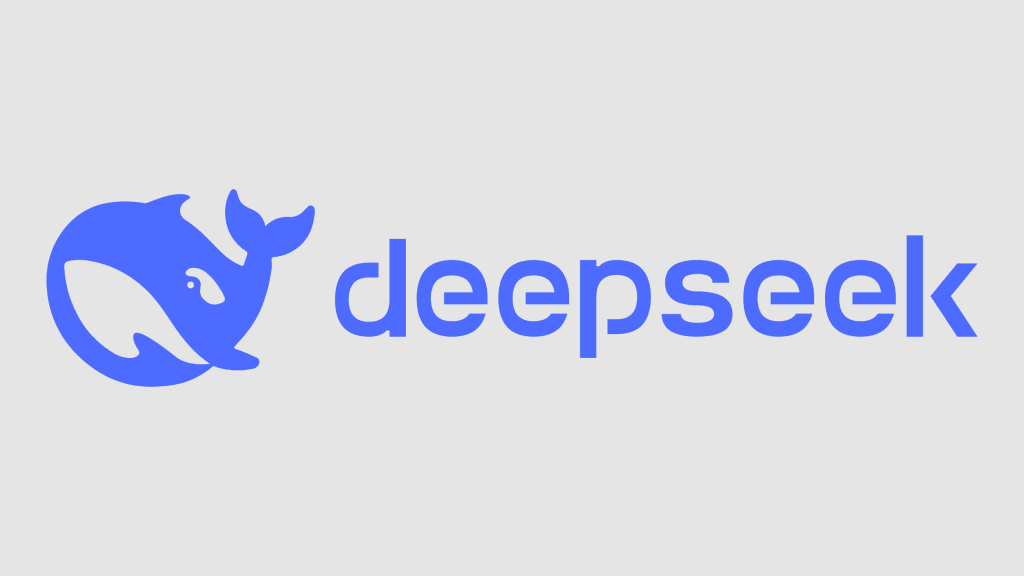
Mastodon is a form of decentralised social networking introduced in 2016. The concept is derived from blockchain (although it is not on blockchain) to decentralise the instances and servers one can choose and create account on and communicate with the rest of the users on any instances. Beautiful, no?
Mastodon addressed issues with centralized mainstream social media by offering a decentralized, federated model. It allows users to host their own servers (instances), fostering a diverse, user-controlled network. This mitigates concerns like a single point of control, censorship, and data ownership, promoting a more democratic and user-centric social media experience.
Mastodon, unlike centralized platforms, operates on a federated system. Users can choose from various instances, each with its own rules and moderation policies. This decentralization minimizes the risk of a single entity having too much control over users’ content and interactions. It also allows for community-specific guidelines, catering to diverse needs and preferences.
Additionally, Mastodon emphasizes open-source principles, making its code accessible to the public. This transparency encourages community contributions, audits, and the development of alternative interfaces. The absence of a profit-driven motive, as seen in some mainstream platforms, contributes to a more user-focused and privacy-aware environment.
The federated approach also enhances user privacy. Since data isn’t concentrated in one place, the risks associated with large-scale data breaches are reduced. Users have more control over their information, fostering a sense of trust and security.
In summary, Mastodon’s decentralized, federated model, open-source ethos, and user-driven approach address several issues associated with centralized mainstream social media, promoting a more inclusive, customizable, and privacy-conscious online space.
What other problems did Mastodon resolve?
- Issue with advertising. Mastodon does not have annoying ads and promoted content. So if you are fed up with those annoying game ads consider it.
- Mastodon allows you to fully migrate your profile to a different instance. So if you don’t like rules and regulations with one instance, pack your things.
- It does not aggregates nor sells your data. Its built upon privacy of the user.
- Character limit is 500. So no more squeezing your thoughts and frustration with sentencing like you were in twitter.
- Variety of apps out there. There are literally tons of apps made for it already.
What is not so good about Mastodon?
- Again, ads. You may want to monetise some contents. Well, you can’t.
- Not much migrated not much can understand it. It is still not the mainstream like X (Twitter)
- Learning curves. Its not as straightforward as “sign up using your google account”.
Ultimately, the choice to use Mastodon depends on individual preferences, values, and the importance placed on decentralization and user control.





